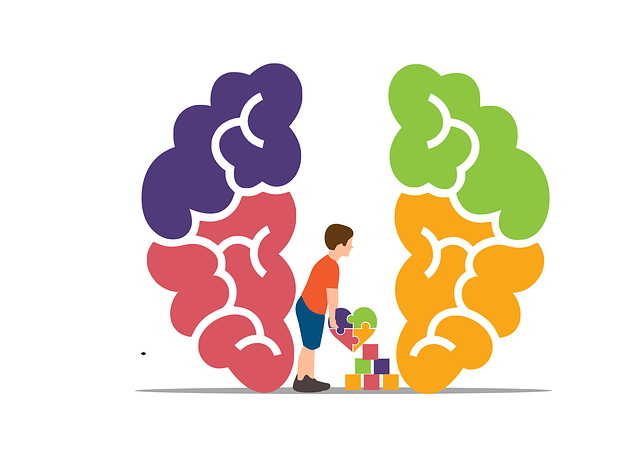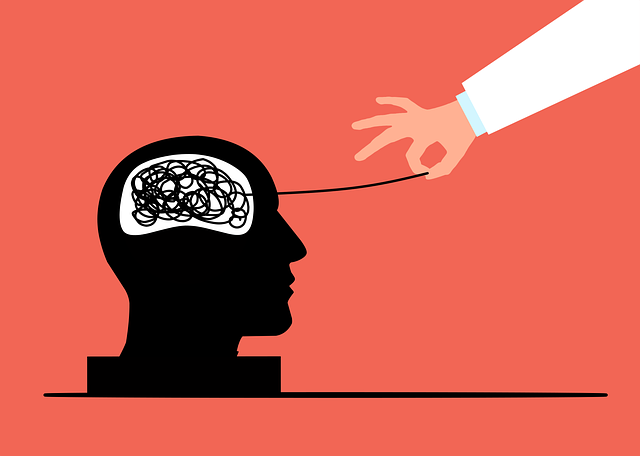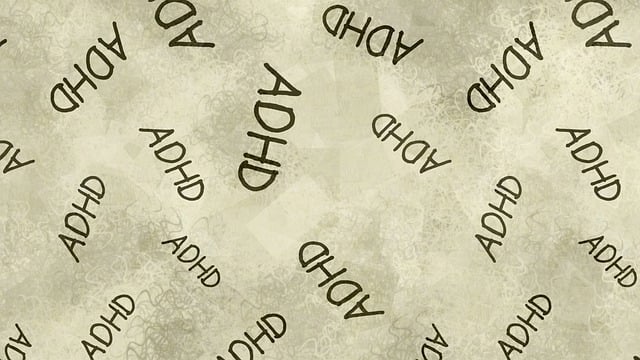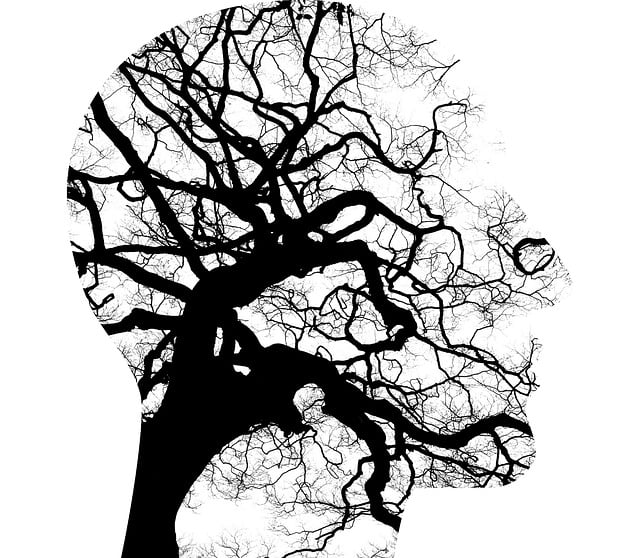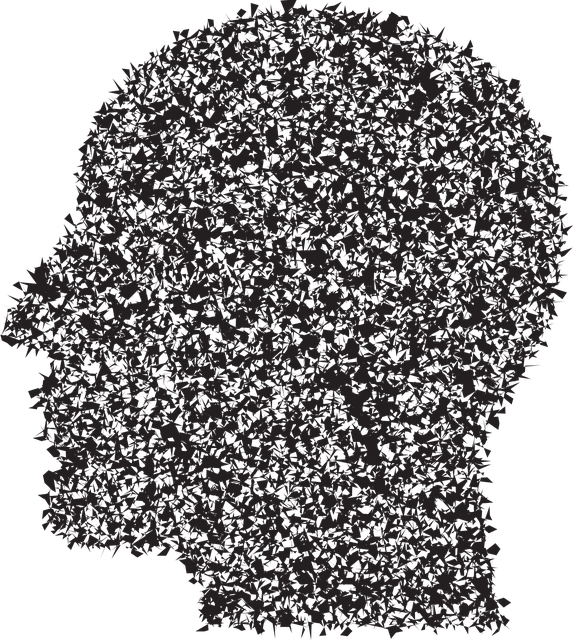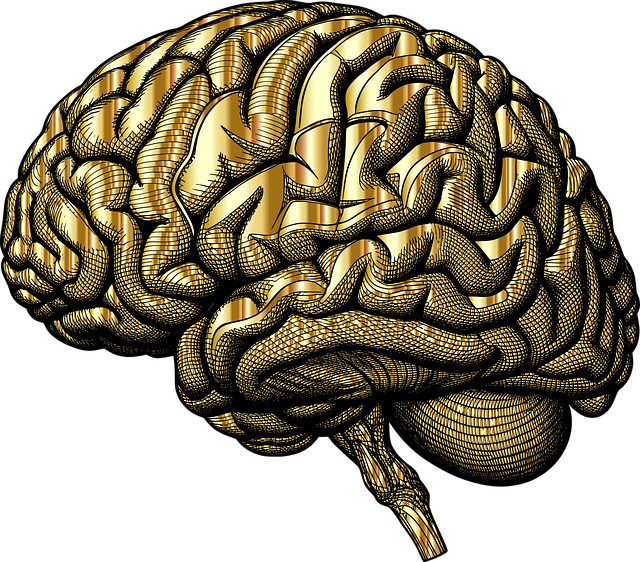In today's competitive environment, mental wellness coaching is gaining popularity as an effective alternative to traditional therapy for eating disorders among young adults. Coaching programs focused on building inner strength and resilience equip young adults with coping strategies, fostering long-term mental wellness. These programs merge therapy techniques with self-esteem building and mental health awareness to address the unique challenges faced by individuals struggling with eating disorders. By creating supportive environments, incorporating CBT and DBT tools, and providing regular feedback, coaches help clients develop healthy relationships with food and their bodies. Implementing robust support systems, including tailored therapy sessions, peer groups, and stress management workshops, is crucial for promoting recovery and long-term mental wellness in young adults battling eating disorders.
In today’s fast-paced world, mental wellness coaching is an emerging field crucial for addressing the unique challenges faced by young adults. This article delves into the growing need for specialized programs tailored to support young adults’ mental health, particularly those struggling with eating disorders. We explore the impact of these disorders and their intricate relationship with overall well-being. Additionally, we provide insights on designing effective coaching strategies and implementing supportive systems for long-term recovery, emphasizing the importance of therapy for young adults affected by eating disorders.
- Understanding the Need for Mental Wellness Coaching in Young Adults
- The Impact of Eating Disorders and Their Relationship to Mental Health
- Designing Effective Coaching Programs for Eating Disorder Recovery
- Implementing Support Systems and Resources for Long-Term Wellness
Understanding the Need for Mental Wellness Coaching in Young Adults

In today’s fast-paced world, mental wellness coaching is becoming increasingly vital for young adults. The pressure to succeed academically, professionally, and socially can take a significant toll on emerging minds, often leading to heightened stress levels, anxiety, and even eating disorders. As such, there’s a growing need for tailored support that goes beyond traditional therapy for young adults with eating disorders—a need that mental wellness coaching programs are uniquely positioned to fill.
Mental health awareness among youth is on the rise, and this shift has opened doors for innovative approaches like coaching. Programs focused on inner strength development and resilience building can empower young adults to navigate challenges head-on, fostering coping mechanisms that promote long-term mental well-being. By investing in these programs, we’re not just treating symptoms; we’re equipping young people with the tools they need to thrive in a complex world.
The Impact of Eating Disorders and Their Relationship to Mental Health

Eating disorders, such as anorexia nervosa or bulimia, are complex conditions that have a profound impact on both physical and mental health, particularly in young adults. These disorders often manifest as maladaptive coping mechanisms to deal with underlying emotional distress, stress, or trauma. The relationship between eating disorders and mental health is deeply intertwined; individuals struggling with eating disorders may experience heightened anxiety, depression, and low self-esteem, which can exacerbate their disordered eating behaviors.
The development of eating disorders in young adults can be a cry for help, indicating a lack of healthy coping strategies to navigate life’s challenges. Therapy for young adults with eating disorders often focuses on addressing these underlying mental health issues through evidence-based practices like cognitive-behavioral therapy (CBT). By implementing effective stress reduction methods and fostering mental health awareness, coaching programs can empower individuals to develop healthier relationships with food and their bodies, thereby preventing or managing depression and promoting overall well-being.
Designing Effective Coaching Programs for Eating Disorder Recovery

Designing effective coaching programs for eating disorder recovery requires a nuanced approach that combines therapy for young adults with a focus on self-esteem improvement and mental health awareness. These programs must be tailored to address the unique needs and challenges faced by individuals struggling with eating disorders, often stemming from low self-awareness and body image issues. By integrating evidence-based techniques and self-awareness exercises, coaches can help clients develop healthy coping mechanisms, challenge distorted thoughts, and cultivate a positive relationship with food and their bodies.
The development of such programs should prioritize a safe and supportive environment where participants feel empowered to express their struggles openly. Incorporating elements of cognitive behavioral therapy (CBT) and dialectical behavior therapy (DBT) can provide clients with the tools necessary to manage symptoms, prevent relapse, and enhance overall mental wellness. Furthermore, regular monitoring and feedback mechanisms ensure that the coaching strategies remain effective and aligned with the evolving needs of those on their journey toward recovery.
Implementing Support Systems and Resources for Long-Term Wellness

Implementing robust support systems is integral to fostering long-term mental wellness, especially within the context of coaching programs designed for young adults battling eating disorders. These support structures should encompass a multifaceted approach, tailored to address the unique challenges faced by individuals in recovery. For instance, integrating therapy sessions specifically targeting eating disorders into the coaching program can offer valuable insights and coping mechanisms. Additionally, facilitating access to peer support groups empowers participants with shared experiences, creating a sense of community and accountability.
Beyond individual interventions, organizations should emphasize the importance of stress management workshops as part of their mental wellness initiatives. These workshops, led by trained professionals, equip young adults with effective communication strategies for managing stress triggers. By incorporating risk assessment tools for mental health professionals, coaches can proactively identify potential crises and ensure timely intervention. Effective communication becomes a cornerstone in these support systems, fostering an environment where individuals feel comfortable discussing their struggles openly.
Mental wellness coaching programs play a pivotal role in addressing the growing concern of eating disorders among young adults. By integrating these programs with comprehensive support systems, we can significantly enhance recovery outcomes and promote long-term mental health. Effective coaching, coupled with accessible resources, ensures that young adults receive the tailored therapy they need to navigate their unique challenges. This multi-faceted approach is crucial in fostering resilience and improving overall well-being, ultimately reducing the prevalence of eating disorders within this demographic.

